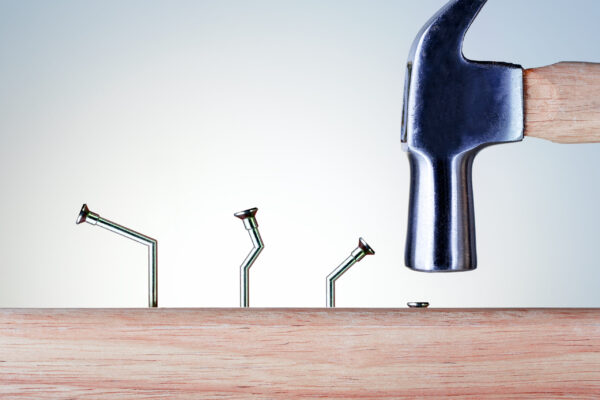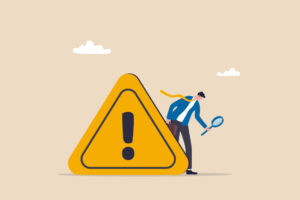
Recently, one of my kids started playing football. He’s played quite a few sports in the past and has had a lot of success. The first few months of football, however, were filled with failure. At first, this made him want to quit. Now though, he’s using it as motivation to get better. This situation got me thinking about how I fail. As I get older, I realize I fail less often at work. At first, I thought this was a good thing. Now I’ve come to believe it’s not. Sure, some of this is because I’ve learned a lot of lessons. The more significant reason is that I stay in my comfort zone. I tend to do things that I know how to do in ways I know how to do them. The result is that I have a lot of success, but I’m also not doing big things. Over the coming year, I’m committing to fail.
In my personal life, I’m much more willing to do things that I don’t know will work out. My street has an annual block party in July. This year, a friend and I decided we wanted to be able to perform a few songs for our neighbors. We got together weekly to work on some songs and steadily improved. As we got closer to the date of the party, we realized that we weren’t ready to perform for people. While I was disappointed not to perform, the cost of failure was low. We only told our families about our plan. The loss would have been much worse had we publicly announced our upcoming performance. This may seem like a little thing and a minor failure. It was. At the same time, I pushed myself to try something outside my current capabilities. In this case, it didn’t work out. That’s okay! Just because I failed this time doesn’t mean I’m a failure. It just means I need more practice.
I’m not saying all failure is good. When I think about failure, I consider it in a few different ways. First, did I make the right level of effort for the importance of my goal? In the case of our performance, we certainly could have practiced more. We’re both dads with kids and jobs, so the small amount of practice was probably appropriate. Next, did we fail in a way where the impact of the failure was acceptable? In this case, there was minimal impact for our failure. By not announcing our performance, we helped minimize the failure cost. Finally, we learned something from the failure. Performing a few songs for fun in your garage takes a very different level of preparation than performing those same songs in front of an audience. We underestimated that and learned our lesson.
My goal for the future is to use these lessons in my work life. No, I don’t want to fail in my job. I want to take bets that I’m not sure will pay off. I want to ensure I am stretching enough that I don’t always succeed. I want to be smart about my bets. That means I’ll try to fail quickly and make sure I’m limiting downside risk. I’ll also make sure that I can learn from my bets. Still, if I’m not failing from time to time, I’m not being ambitious enough. I’m going to follow this advice from Game of Thrones:
John Snow: “I failed.”
Sir Davos Seaworth: “Good. Now go fail again.”





